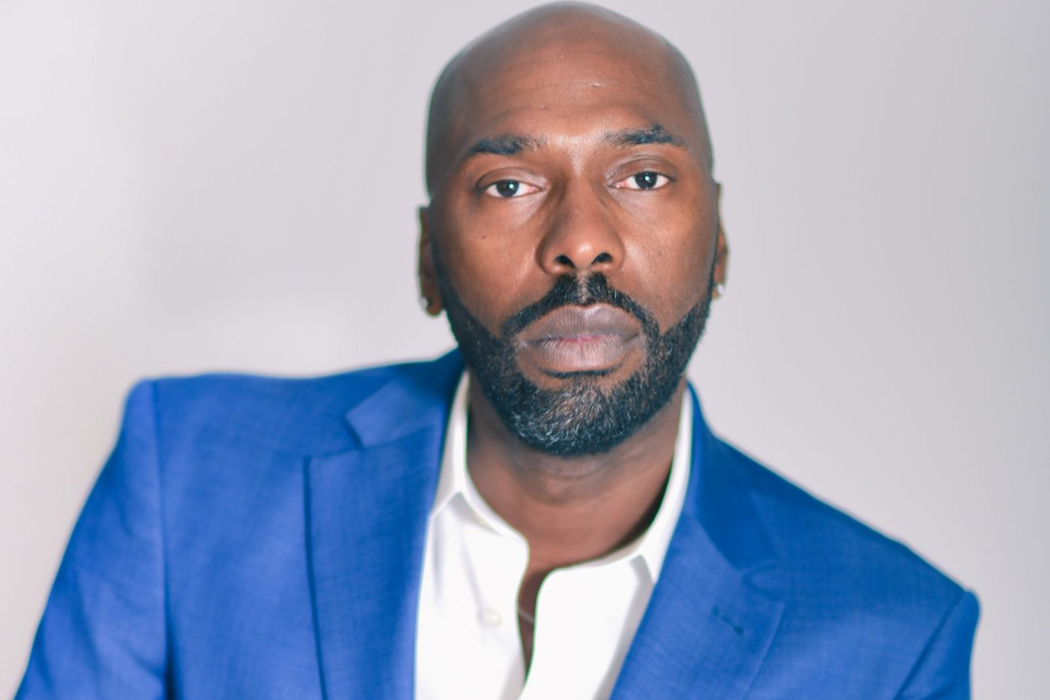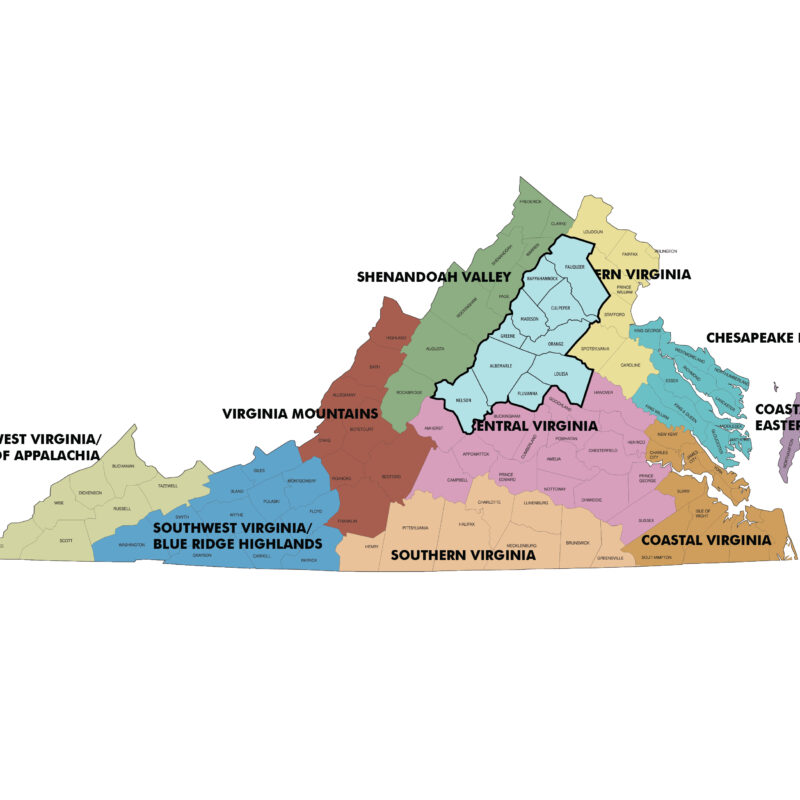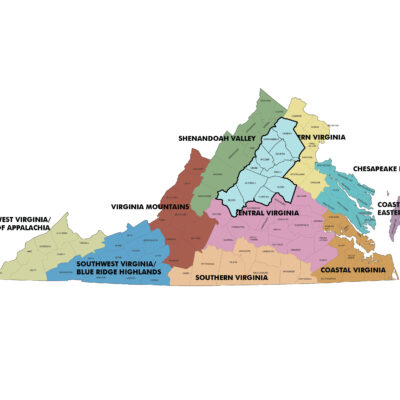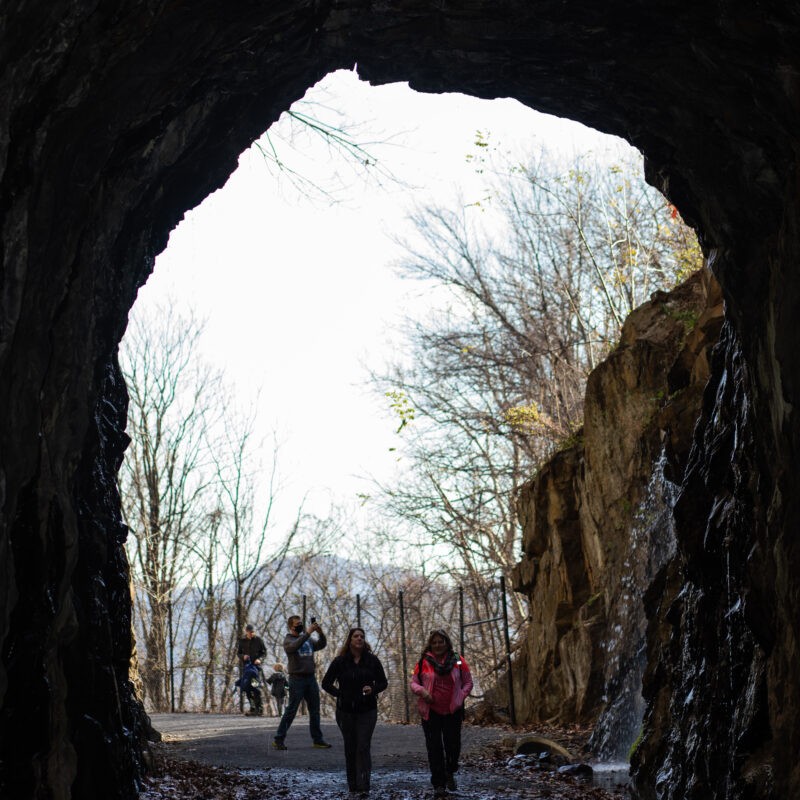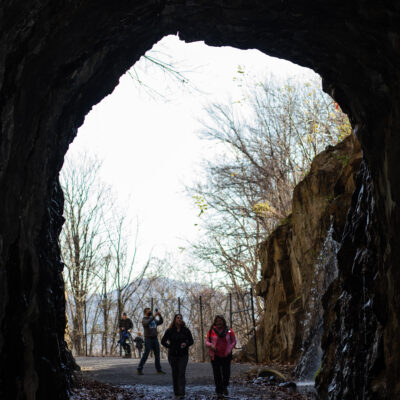By Kristin O’Donoghue
According to urban historian and cultural critic Davarian L. Baldwin, residents of Charlottesville are living in the shadow of the University of Virginia.
Baldwin’s book, In the Shadow of the Ivory Tower: How Universities are Plundering Our Cities, argues that the powerful expansion of higher education institutions like UVA has created “univercities.” He says it’s important to recognize the control modern universities have over economic development and local governments across America.
Jalane Schmidt, associate professor of religious studies and director of the Memory Project of the Democracy Initiative at UVA, discussed the book with Baldwin at a January 13 event hosted by the Virginia Festival of the Book.
Baldwin’s experience as a postdoctoral fellow at the Carter G. Woodson Institute for African-American and African Studies at UVA “served as a prelude to what became In the Shadow,” he said.
Baldwin recounted being “haunted by the visual” of buses full of Black women going to work crossing the railroad tracks to work at the university hospital.
“It was clear to me that we had been here before,” Baldwin said. “From the plantation to the factory to the campus, [this] is the latest stage of what we call racial capitalism.”
Over time, and especially when he left UVA, Baldwin said he was struck by press releases and media coverage that touted Charlottesville’s high standard of living and called the city one of the best college towns in the U.S.
“I realized that I had borne witness to the scene of a violent crime,” he said.
He now asks: What happens when your city becomes a campus?
In order to entice people to come to their campuses, universities have converted surrounding areas into “playgrounds for the creative class,” Baldwin said.
He recalled that multiple mayors of Charlottesville had received architecture degrees from UVA, and as public officials, they oversaw the extension of Grounds through the city.
Baldwin claims that many public universities are only public in name. There’s a “public good paradox,” he argues—at some point, servicing a public good like a school becomes a way to transfer public dollars to the private interests of universities, with little public scrutiny.
The “univercities” problem requires proactive solutions, he said, both from inside and outside the ivory tower.
Baldwin talked about the University of Winnipeg, where the university established its own internal development office to build housing that would be open to the whole city at various rates. UVA has started to address the deficiency of housing in Charlottesville, and plans to “support the development of 1,000 to 1,500 affordable housing units over a decade on land in Charlottesville and/or Albemarle County that is owned by UVA or the UVA Foundation.”
Schmidt, acknowledging her status as an employee of the university, asked Baldwin what solutions he’d suggest for Charlottesville community members. “We effectively live in a company town,” Schmidt said.
Baldwin advised that groups should pressure local governments to keep a closer eye on what is happening on Grounds. In particular, Baldwin suggested that Charlottesville regulate UVA’s acquisition of property more closely, and that a system should be established whereby campus expansion would have to be approved by the board before being passed.
Baldwin also clarified that he was not anti-university. Universities can be a “site for liberatory transformation,” he said, but hoped to call attention to their larger role in the cities where they’re situated. “The book is just the beginning,” he said.
